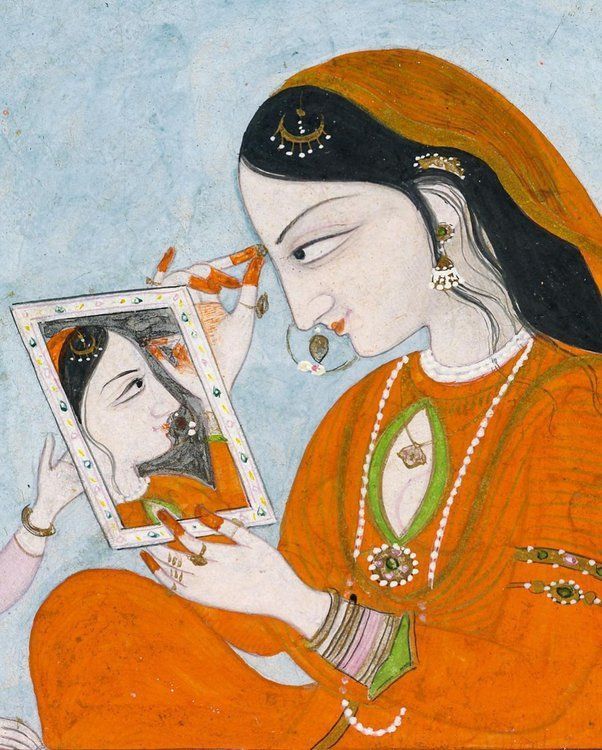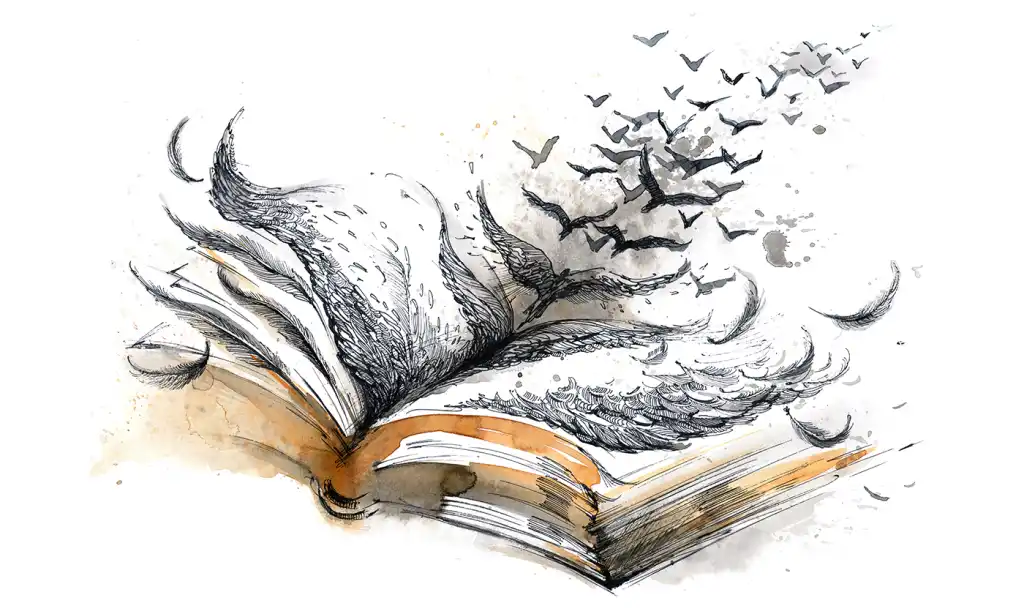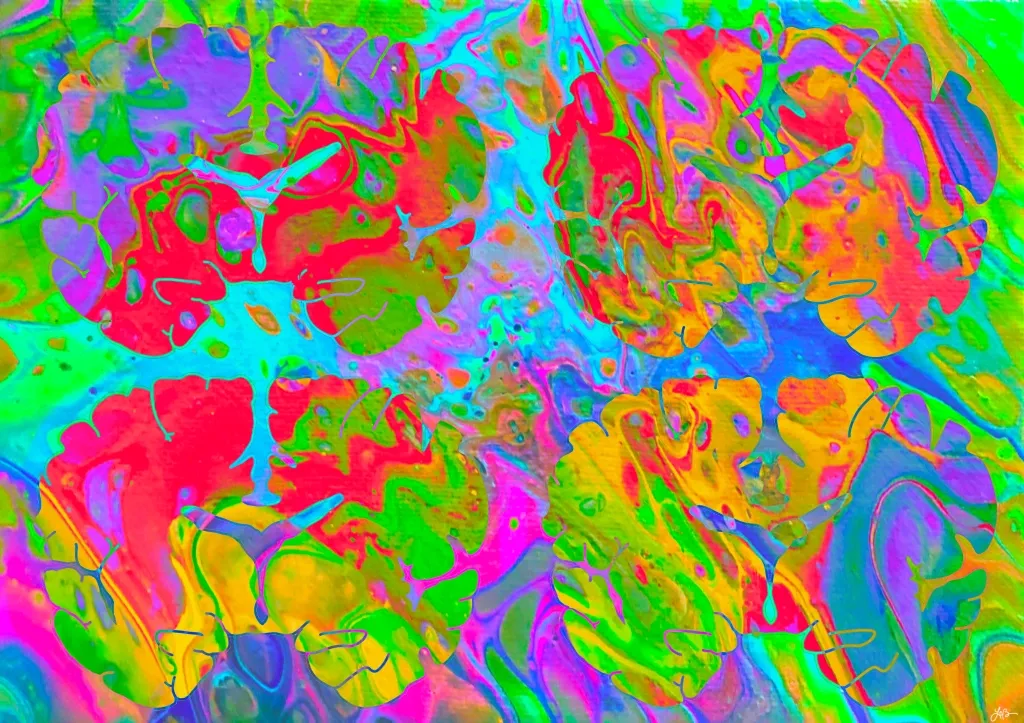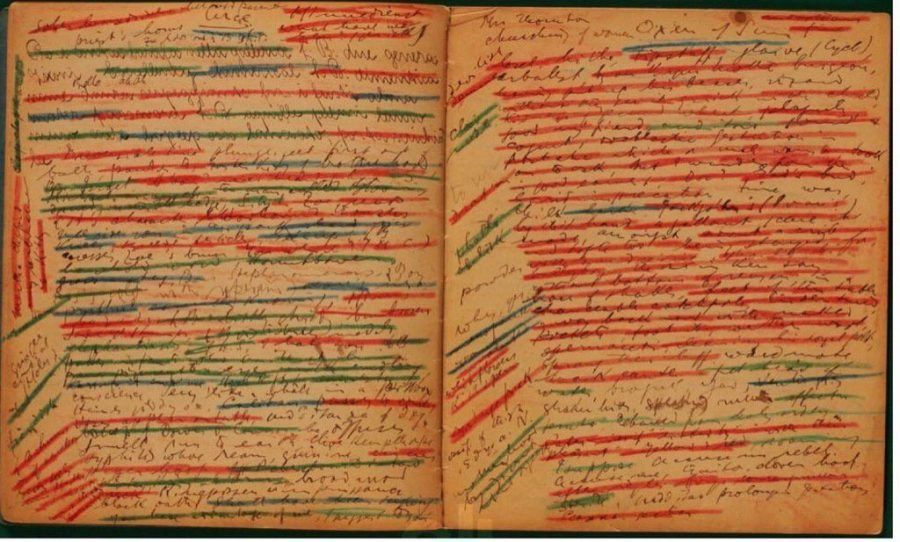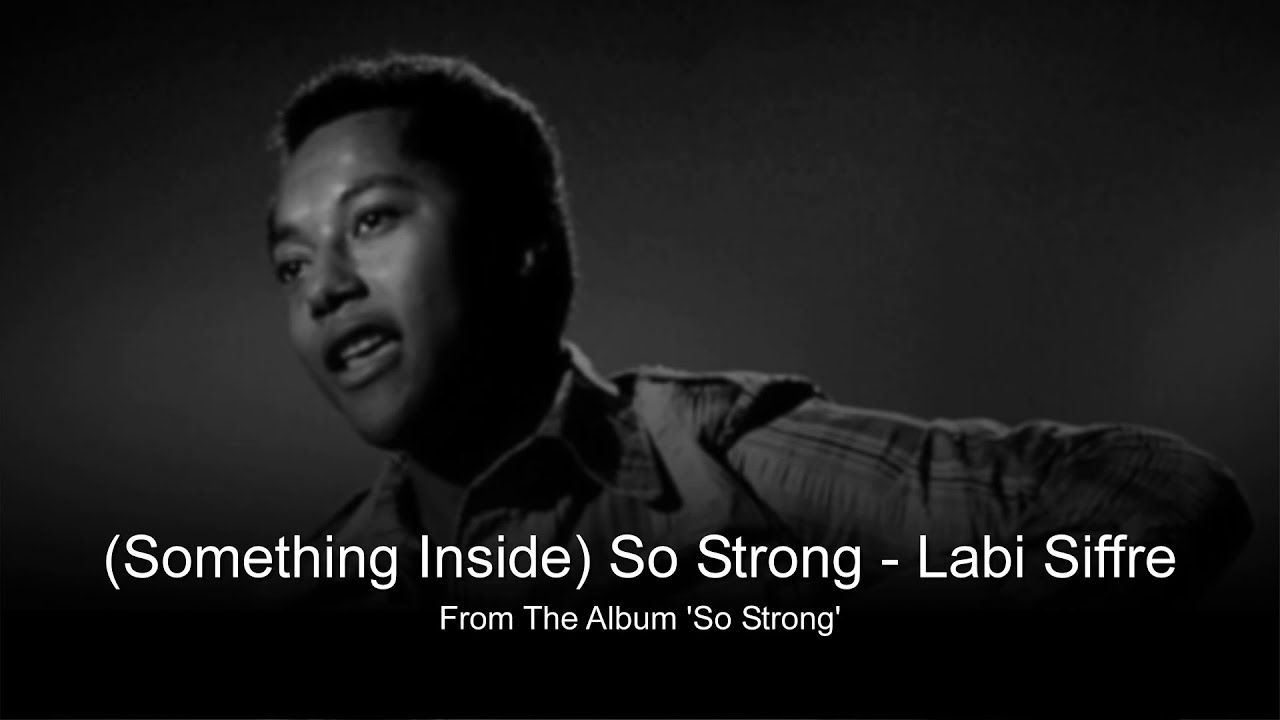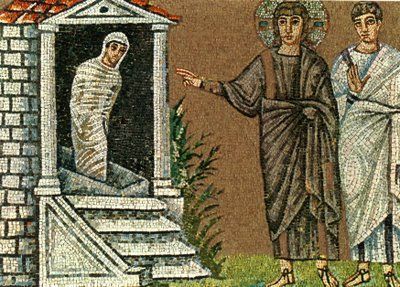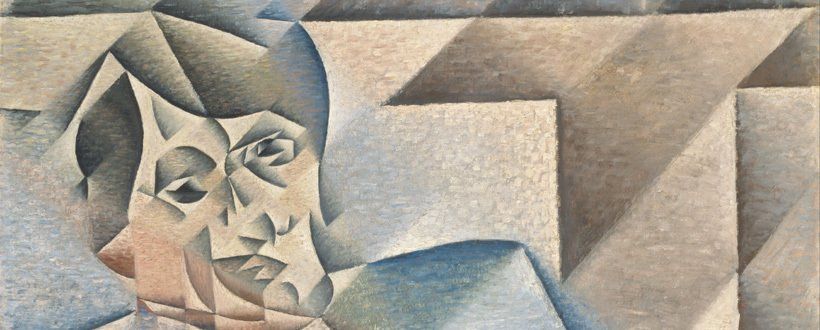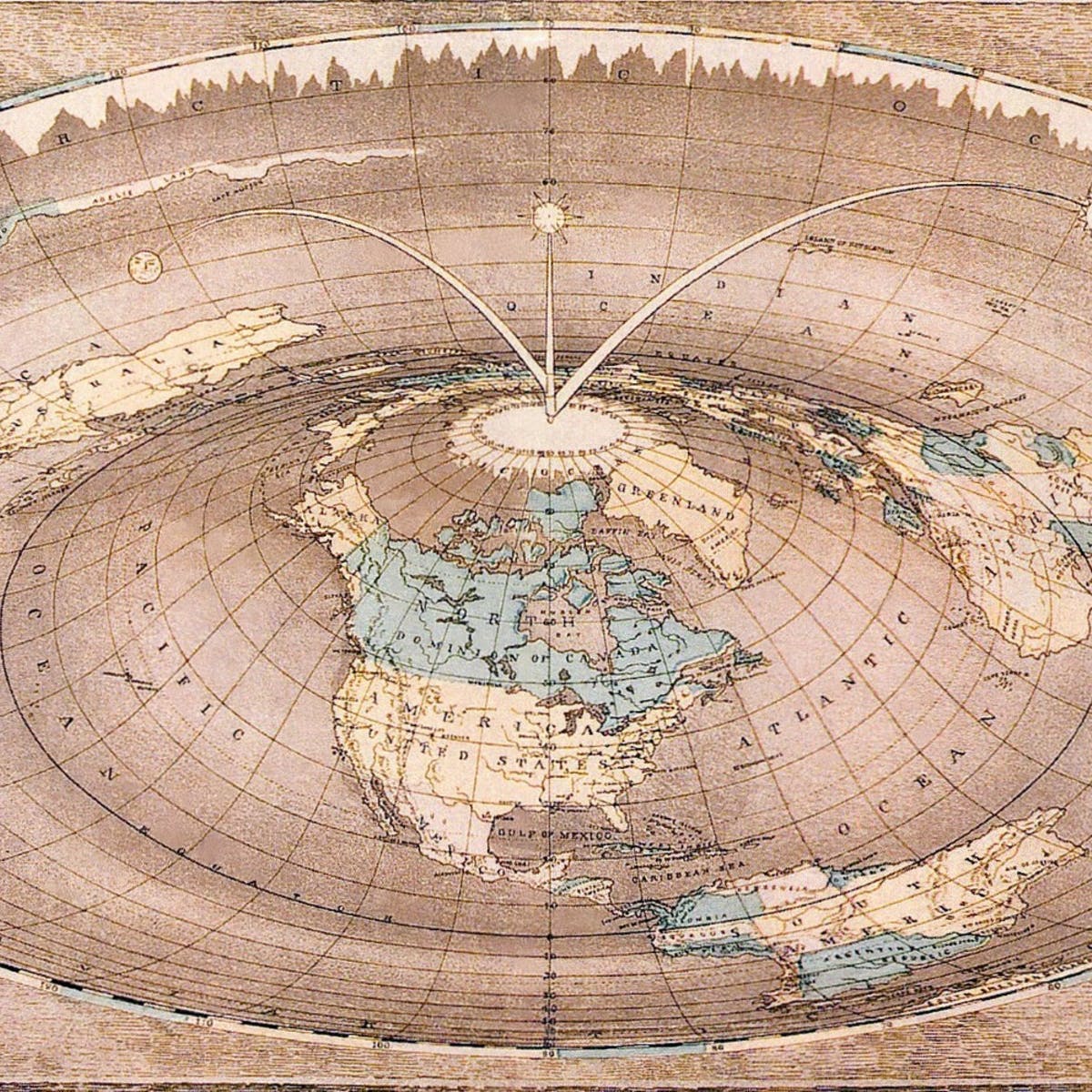ToK Essay Prescribed Titles May 2024 Prompt 4
Mayan hieroglyphs & the challenge of creative historical interpretations
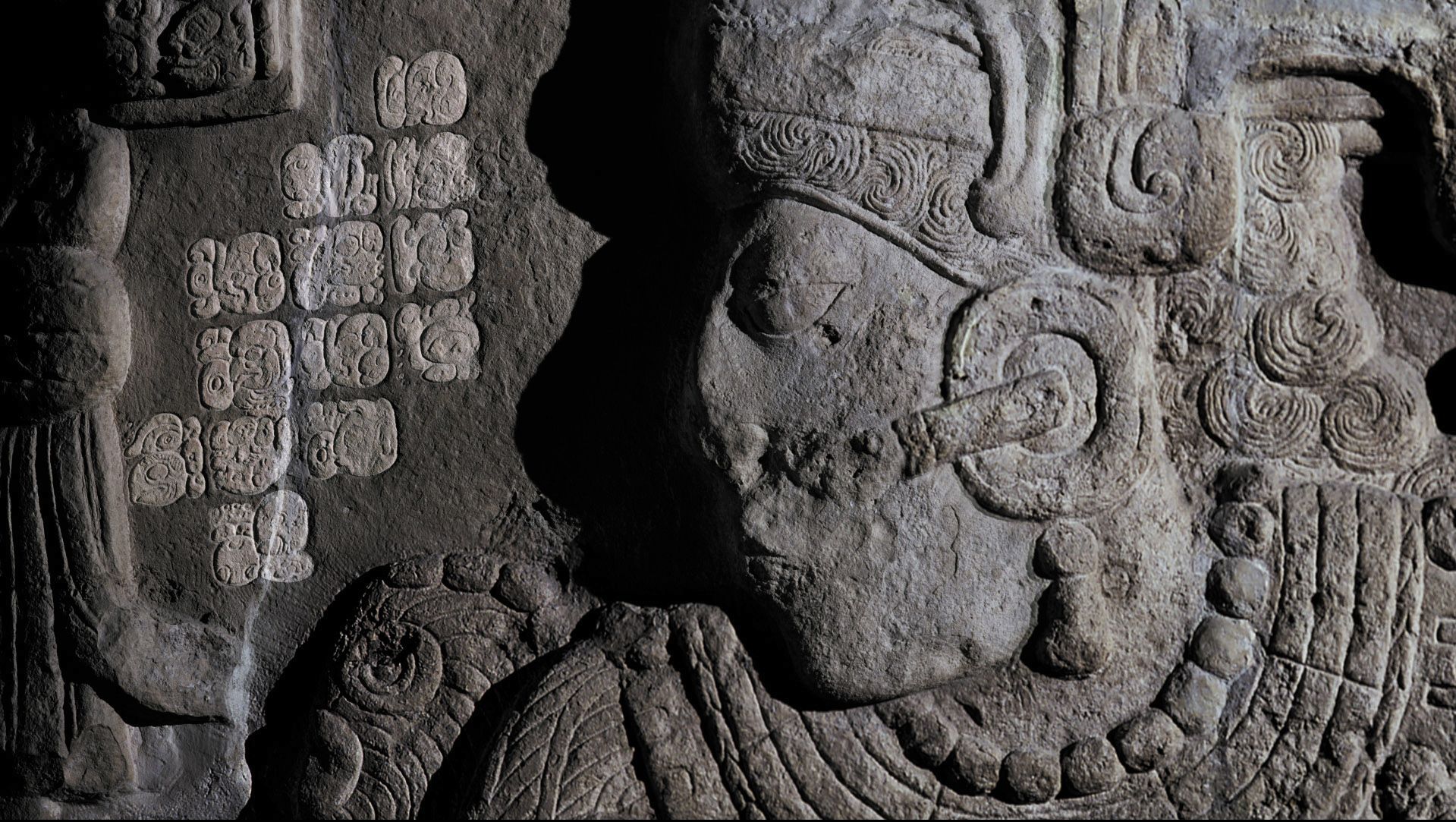
To begin, consider the analogy of a tomato seed.
When growing tomatoes from seeds, there might be three transplanting phases.
From a packet to some seed compost. From seedling compost to a potted plant. From potted plant to a garden site.
As the seed grows, different treatments are need to protect the seed until it comes to maturity: feeding, weeding, watering and so on.
If you transplant a seedling to a pot too early, the roots can get damaged and the plant dies. If you transplant the potted tomato plant into your garden too late, the roots can become pot-bound and the plant wilts or gets diseased.
Similarly, if you don’t protect the seedling under conditions of warmth and watering, it won’t germinate. And if you never monitor your tomato plant in the garden, it can be attacked by pests and never produce a crop.
Does the analogy help to understand the challenges of knowledge when transferred from one context to another?
Surely knowledge evolves – like our tomato plant – from a seed idea (or hypothesis) into generally accepted knowledge, bearing the fruits of new perspectives and applications that can help human beings and the environment.
From one perspective, if the initial idea or hypothesis isn’t handled with care, it can lead to the production of distorted knowledge later on down the line. For example, the hypothesis that energy could be produced in a test tube through means of ‘cold fusion’ was based on knowledge that couldn’t be scientifically replicated and died a quick death.
From another perspective, the skills and techniques involved in nurturing knowledge in one context, say Maths, could be used to help produce new knowledge in another context, say the Arts. For example, the innovations in building AI algorithms to solve math problems can be used to generate artistic patterns which helps artists break beyond the boundaries of how they normally work.
Of course, in each case, your job is to articulate a/ the challenges involved in the transferring process and b/ to evaluate whether or these challenges were ‘underestimated’ at the time.
This is how your analysis might look:
In Breaking the Maya Code, (1992) the archaeologist Michael D. Coe extracted knowledge from its original indigenous context and integrated it into a broader narrative of the past. Coe pieced together the linguistic puzzle of the Mayan hieroglyphic script, translating inscriptions from various sites to reveal the stories of ancient rulers, their rituals, and the intricate political relationships that once shaped the Maya world. By transferring these inscriptions within a historical context, Coe was able to reconstruct, for example, the underlying socio-political forces that contributed to the historical drama of this sophisticated and enigmatic civilization, allowing us to step back in time and experience the Maya's varied past with an incomparable richness.
Nevertheless, it's important to acknowledge that Coe faced specific challenges in his work. He encountered limitations such as the incomplete nature of the archaeological evidence and the need for creative interpretation. While his contributions have been invaluable, they remind us that the task of transferring knowledge from one context into another is fraught with uncertainties. The historian must not underestimate the potential for misinterpretation and the inherent complexities involved in understanding ancient civilizations.
How would this analysis look for a different AOK?







